HPC at Middle Stage
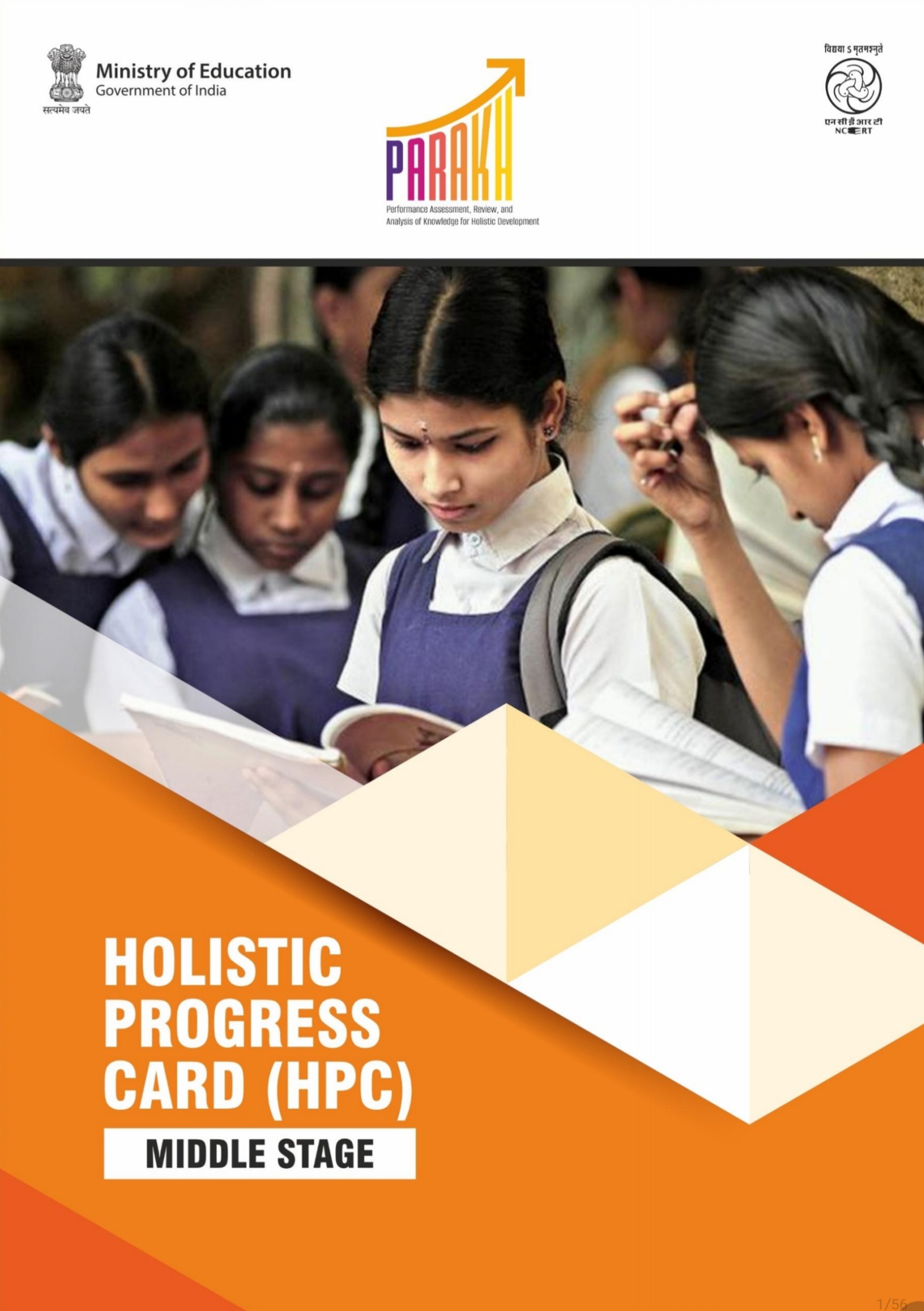
-
2025-09-15 12:00:00
-
PARAKH NCERT
- By Indrani Bhaduri
Reimagining Assessment in the Middle Stage: The Holistic Progress Card by PARAKH, NCERT
As learners enter the Middle Stage (Grades VI to VIII), they begin a pivotal journey of exploration, identity formation, and pre-vocational readiness. This phase marks a shift from foundational literacy and numeracy to deeper engagement with subjects, interdisciplinary thinking, and real-world application. In alignment with the National Education Policy (NEP 2020) and the National Curriculum Framework for School Education (NCF-SE 2023), PARAKH, NCERT introduces the Holistic Progress Card (HPC) for the Middle Stage—an innovative tool that transforms assessment into a meaningful narrative of growth.
🧠 Beyond Marks: Capturing the Whole Learner
The HPC at the Middle Stage moves decisively away from summative, marks-based evaluation. Instead, it embraces a competency-based, learner-centered approach that documents progress across cognitive, social-emotional, physical, creative, and ethical domains. It recognizes that adolescents are not just absorbing content—they are questioning, experimenting, and shaping their sense of self. Teachers are encouraged to use descriptive feedback, portfolios, peer reflections, and self-assessments to capture this dynamic process.
🛠️ Pre-Vocational Readiness and Real-World Skills
Aligned with NEP 2020’s emphasis on experiential learning and vocational exposure, the Middle Stage HPC integrates observations from art education, work education, physical education, and local knowledge systems. It values skills like collaboration, problem-solving, digital literacy, and ecological awareness—preparing learners for both academic and life pathways. The HPC becomes a mirror of the learner’s evolving interests and aptitudes, helping educators and parents guide them toward future choices with empathy and insight.
📊 Credit Points and the National Credit Framework (NCrF)
In keeping with the NCrF, the Middle Stage HPC assigns credit points based on 1000 notional learning hours per year:
- Grade VI: 37 credit points
- Grade VII: 47 credit points
- Grade VIII: 56 credit points
Of these, 70% are allocated to the Holistic Progress Card, reinforcing the centrality of observation-based, formative assessment. This ensures that learners’ diverse achievements—academic and beyond—are formally recognized and valued.
🧩 Inclusive, Reflective, and Actionable
The HPC supports inclusive education by documenting differentiated learning pathways, accommodations, and strengths of children with varied needs. It encourages teachers to use structured templates and rubrics that reflect both academic rigor and emotional safety. Feedback is framed to be constructive, affirming, and actionable—empowering learners to take ownership of their growth.
🌱 A Tool for Transformation
For educators, the Middle Stage HPC is not just a reporting tool—it’s a pedagogical compass. For policymakers, it signals a systemic shift toward dignity-driven, equitable education. And for learners, it is a storybook of their journey—rich with evidence, reflection, and possibility.
In reimagining assessment, the HPC invites us to see every child not as a score, but as a growing, thinking, feeling individual. It’s not just progress—it’s transformation in motion.
Explore More
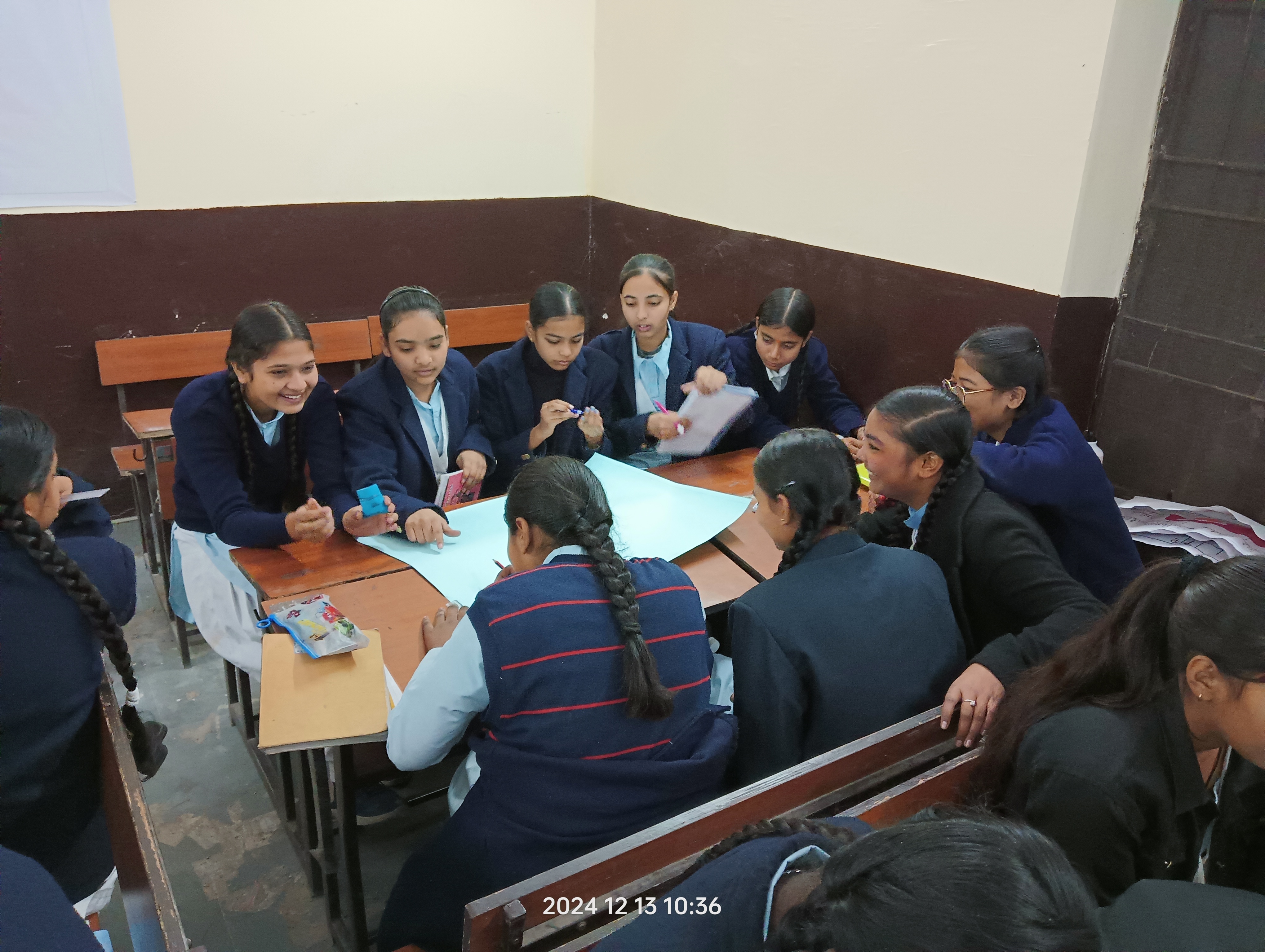
Knowledge tells students what is true. Sensitivity teaches them how to live with that truth
Parakh NCERT
- By Indrani Bhaduri
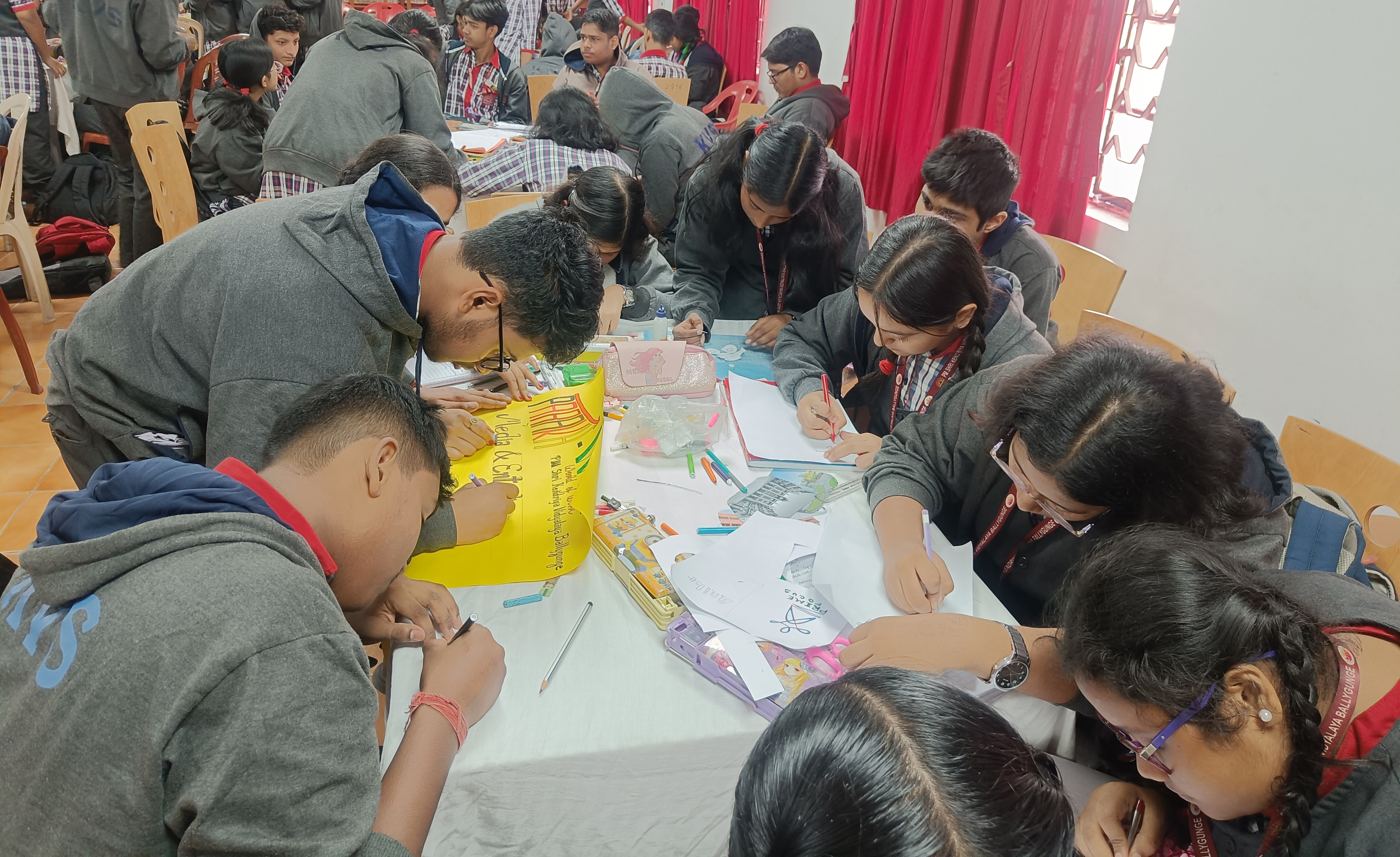
Assessing Creativity Without Killing It
Parakh NCERT
- By Indrani Bhaduri
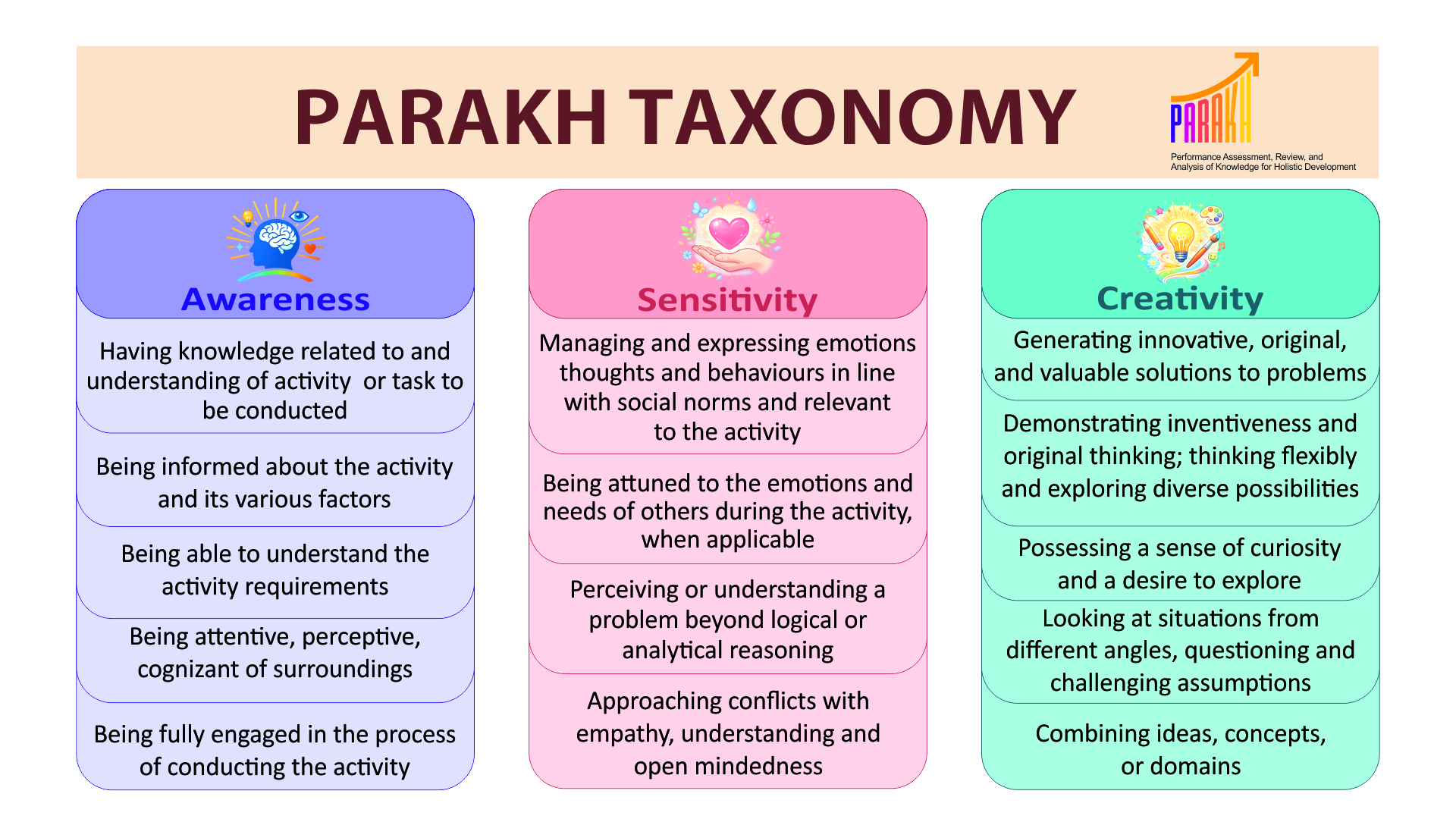
Moving Forward with Purpose: Embedding New Values in Learning and Assessment
Parakh NCERT
- By Indrani Bhaduri
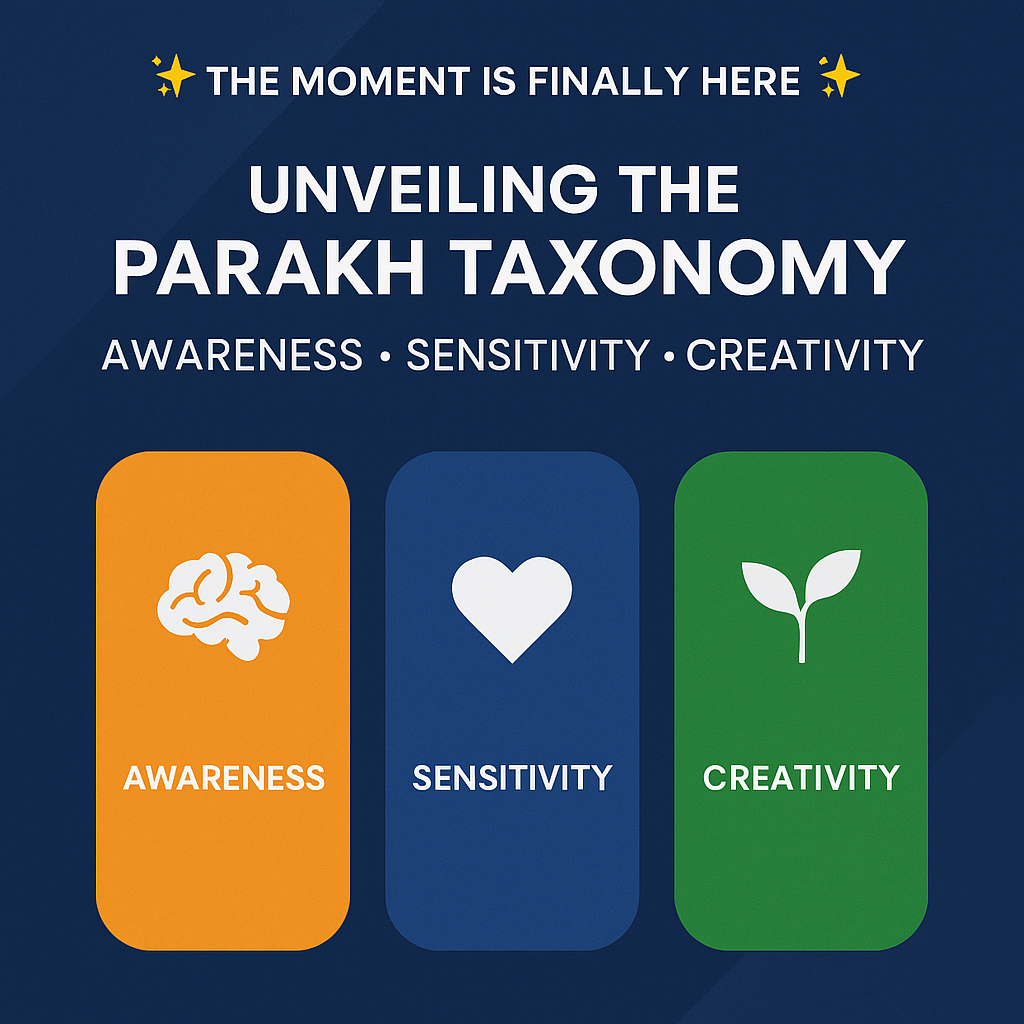
PARAKH Taxonomy
PARAKH NCERT
- By Indrani Bhaduri
 Government of India
Government of India More
More

